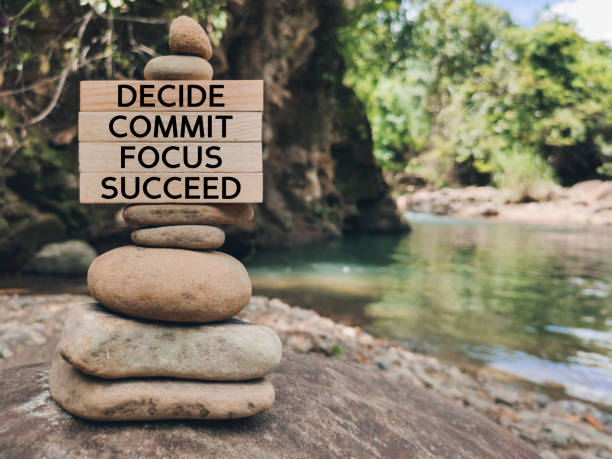
All leaders want to solve the “puzzle” of what makes a high-performance team. One piece that is often lacking is the importance of social connections. If you are overloading your team, here are some strategies, based on various research, to promote greater connectivity.
-
Invest time in bonding over non-work topics:
The best teams are no longer effective because they work all the time. In fact, discussing things not related to work – sports, books and family, for example – reveals shared interests, allowing people to connect genuinely, resulting in closer friendships and better teamwork.
-
Create a culture where expressing appreciation is the norm:
Recognition is often a motivating and powerful force, more than monetary incentives. And a recognition of good work should not flow only from top to bottom. You should make it a rule within your team.
-
Put a premium on authenticity:
It is important to create an environment in which employees feel comfortable to honestly express their positive and negative emotions, as well as praise and play with teammates.
To see more strategies go to: 5 Things High-Performing Teams Do Differently



 With the pandemic crisis keeping people physically separate from one another, simple gestures — like sending an email or sharing a helpful resource — can inspire a sense of togetherness, says Stanford psychologist Greg Walton.According to Walton’s research, small social tips can have a big impact. The psychologist found that people who work alone, just hearing that they can collaborate on a certain task, increases their motivation and job satisfaction. In the questions asked to the psychologist, we will verify them.Walton is an associate professor of psychology at the School of Humanities and Sciences. Much of his research looks at the psychological processes that contribute to major social problems and how targeted interventions can help resolve them.
With the pandemic crisis keeping people physically separate from one another, simple gestures — like sending an email or sharing a helpful resource — can inspire a sense of togetherness, says Stanford psychologist Greg Walton.According to Walton’s research, small social tips can have a big impact. The psychologist found that people who work alone, just hearing that they can collaborate on a certain task, increases their motivation and job satisfaction. In the questions asked to the psychologist, we will verify them.Walton is an associate professor of psychology at the School of Humanities and Sciences. Much of his research looks at the psychological processes that contribute to major social problems and how targeted interventions can help resolve them.


